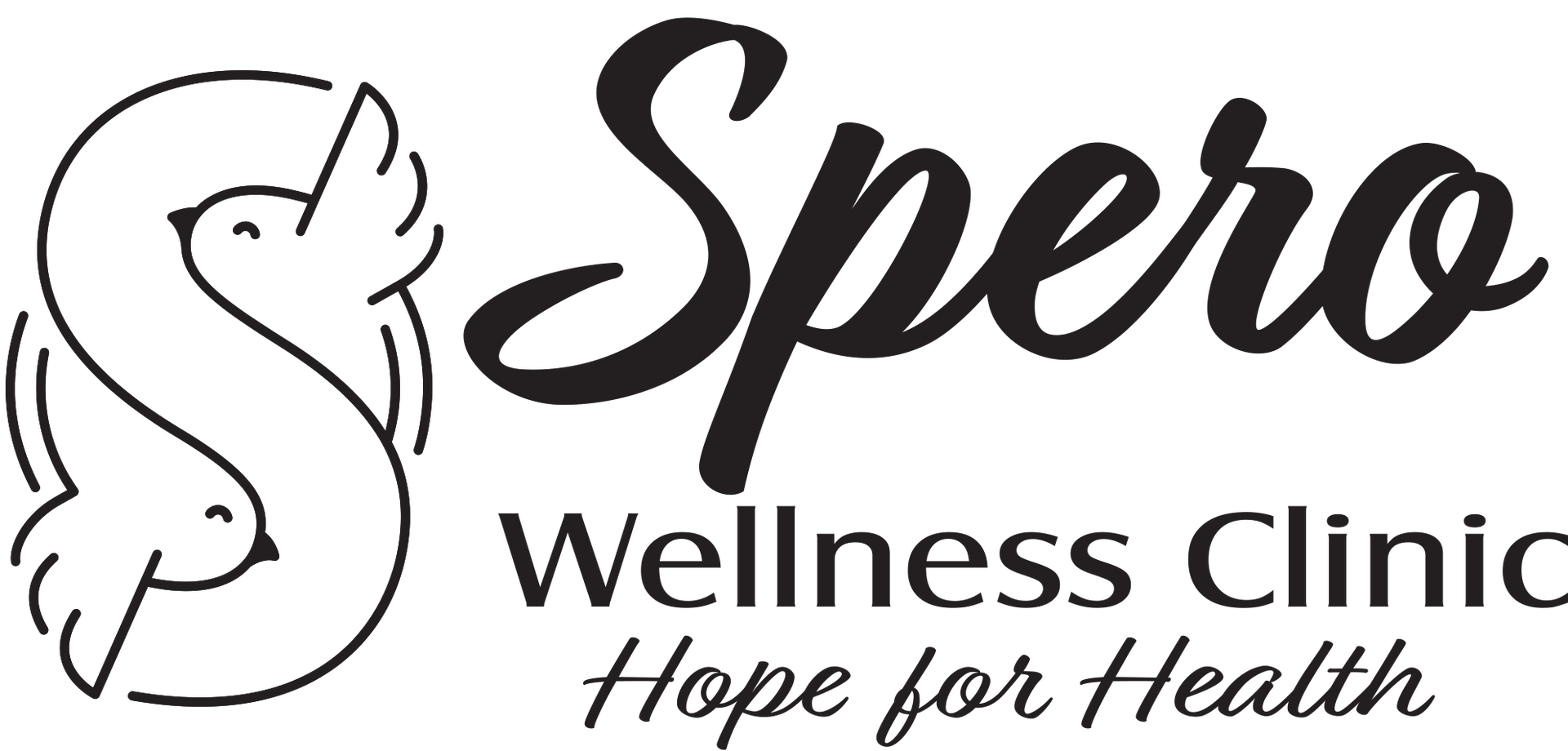About Vitamin C (IVC)
Vitamin C (aka ascorbic acid) is a water-soluble vitamin that is an essential component of your health and wellness. Unlike most mammals, humans do not have the ability to make their own vitamin C, so must obtain it from diet or supplementation. Foods like oranges, lemons, and red bell peppers are rich in this vitamin, and there are many over-the-counter supplements that contain vitamin C.
Vitamin C is a potent antioxidant, and it's essential for multiple functions in the body such as collagen production, immune system activation, metabolism support. Unfortunately, only a small percentage of Vitamin C taken by mouth can be absorbed by our bodies. High doses of Vitamin C cause gastrointestinal (GI) discomfort and/or diarrhea. Research shows that IV Vitamin C can be highly beneficial for your body. IV Vitamin C therapy allows you to bypass your GI tract and take full advantages of high doses of Vitamin C.
Potential benefits of intravenous Vitamin C (IVC)
- Vitamin C has many documented benefits, including boosting the immune system.
- IVC reduces inflammation (as measured by c-reactive protein levels) and reduces the production of pro-inflammatory cytokines.
- Cancer patients are often depleted of vitamin C, and IVC provides an efficient means of restoring tissue stores without causing diarrhea or GI distress.
- IVC has been shown to improve quality of life in cancer patients by a variety of metrics.
- At high concentrations, vitamin C is preferentially toxic to tumor cells and is an angiogenesis inhibitor - so this may help the chemotherapy and/or radiation work better and limit tumor growth/spread
Why should I try Vitamin C in IV form?
- I'd like to boost my levels of vitamin C for general health benefits.
- Provide a robust immune response to infection and many chronic conditions.
- I have a chronic illness and want to try to improve quality of life.
- Other ways of getting Vitamin C aren't working for me.
- I have cancer and am receiving chemo/radiation and would like to improve the effectiveness of the therapy.
- I'd like to decrease the toxicity and severity of side effects from standard cancer therapy.
- I'd like to prolong my cancer remission with health-enhancing strategies.
Resources:
General
Vitamin C
Vitamin C and Immune Function
Pharmacokinetics of vitamin C: insights into the oral and intravenous administration of ascorbate
Vitamin C Is an Essential Factor on the Anti-viral Immune Responses
High doses of vitamin C during pregnancy may keep babies from memory issues later in life
Research reveals the importance of nutrition for fathers-to-be
Acute and Chronic Conditions
Vitamin C may affect lung infections
Research Shows: Oral Vitamin C Can Protect Against the Common Cold
Can Intravenous Vitamin C Stop a Deadly Infection?
Intravenous vitamin C and the treatment of infections
Shanghai Government Officially Recommends Vitamin C for COVID-19
Vitamin C inhibits SARS coronavirus-2 main protease essential for viral 2 replication
Effect of High Dose Vitamin C on Epstein-Barr Viral Infection
Intravenous vitamin C protects against metabolic syndrome and activates Nrf2
Cancer
Riordan IVC Protocol for Adjunctive Cancer Care
Intravenously administered vitamin C as cancer therapy: three cases
Dr. Lemmo's basic information on intravenous vitamin C and cancer
Why high-dose vitamin C kills cancer cells
Vitamin C kills tumor cells with hard-to-treat mutation
Vitamin C helps stage 3 diffuse large B-cell lymphoma
Study summary: prostate cancer and vitamin C
Treat cancer with Infusion vitamin C – Recent clinical success
Vitamin C may kill Mesothelioma cancer cells
High dose Infusion vitamin C kills cancer cells
Modulation of cytokines in cancer patients by intravenous ascorbate therapy
Effect of high-dose intravenous vitamin C on inflammation in cancer patients
Intravenous Vitamin C treatment available for bowel cancer patients
High Doses of Vitamin C to Improve Cancer Treatment Passes Human Safety Trial
How Can We Advance the Clinical Application of Intravenous Vitamin C Among Patients With Cancer?
Increasing the Effectiveness of Intravenous Vitamin C as an Anticancer Agent
Mechanisms of anti-cancer effects of ascorbate: Cytotoxic activity and epigenetic modulation
Increasing the Effectiveness of Intravenous Vitamin C as an Anticancer Agent
The vitamin C: vitamin K3 system – enhancers and inhibitors of the anticancer effect
Targeting Cancer Vulnerabilities with High Dose Vitamin C 2019

